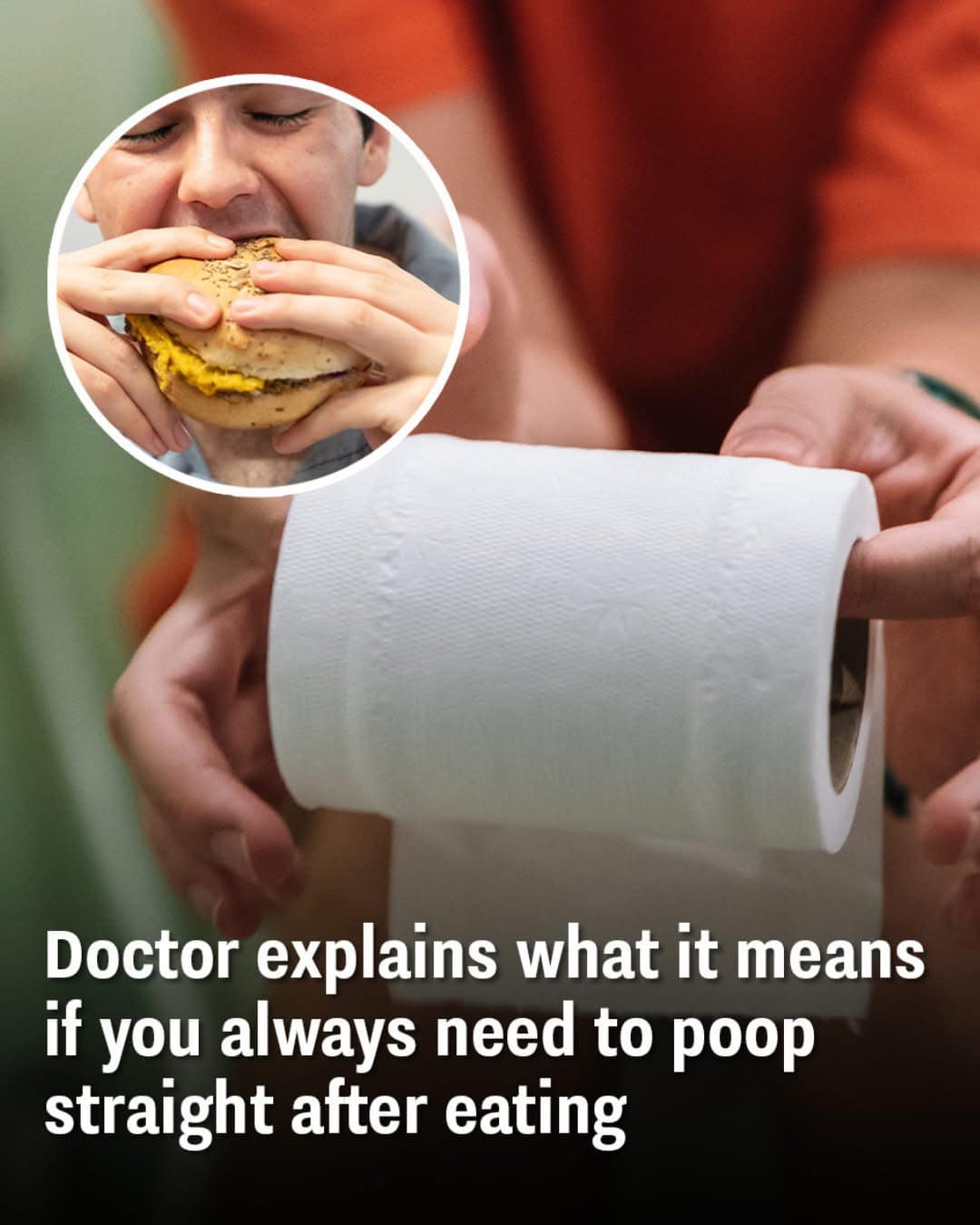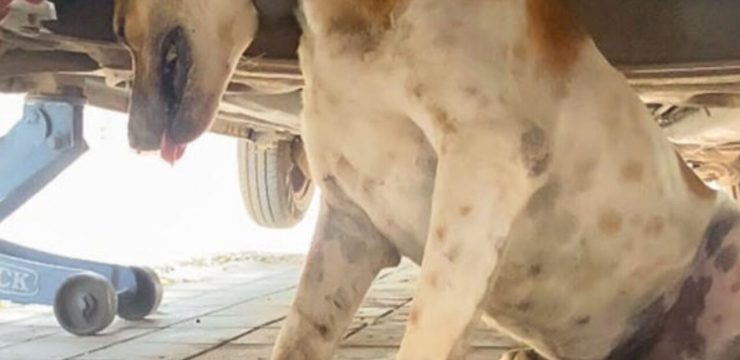If you’ve ever found yourself running to the bathroom immediately after a meal, you’re definitely not alone. It’s a common experience for many people, and according to health experts, there’s actually a scientific explanation behind it. While it might feel like the food you just ate is racing through your digestive system at lightning speed, that’s not exactly what’s happening. So, what’s the reason behind this sudden urgency after eating? A doctor recently explained this phenomenon in simple terms, shedding light on what’s going on inside your body.

When you eat and quickly feel the need to go to the bathroom, it’s not because your meal is being digested at an abnormal speed. Instead, it’s due to something called the gastrocolic reflex. This reflex is a natural and normal physiological response that happens every time you eat. Essentially, it’s your body’s way of creating space in your digestive system to make room for new food.
The gastrocolic reflex is triggered when food enters your stomach and stretches its walls. This stretching sends signals to your brain, which then sends a command to your colon. The colon responds by contracting and moving its contents further along your digestive tract. These contractions are what give you that sudden feeling of needing to use the restroom right after eating. But here’s the key point: what’s coming out isn’t the meal you just ate—it’s older, already-digested food and water that had been sitting in your colon, waiting to be expelled.
To put it simply, your body is essentially clearing out the old waste to make room for the new food you’ve just consumed. It’s a perfectly normal reflex, and for most people, it doesn’t cause significant discomfort. However, the intensity of this reflex can vary from person to person, and for some individuals, it can become quite pronounced.
For people with Irritable Bowel Syndrome (IBS), the gastrocolic reflex can become overly sensitive. IBS is a common gastrointestinal disorder that affects the colon and can cause a range of uncomfortable symptoms, including abdominal pain, cramping, diarrhea, constipation, bloating, and excessive gas. When someone with IBS eats, the gastrocolic reflex can trigger much stronger and more forceful colon contractions than in people without the condition. These powerful contractions can cause sudden and urgent bowel movements, often accompanied by cramping or diarrhea.
According to experts from the Cleveland Clinic, IBS isn’t life-threatening, but it can significantly affect a person’s quality of life. Managing symptoms often involves a combination of diet adjustments, stress management, and sometimes medication. For those who experience heightened gastrocolic reflex symptoms due to IBS, eating can sometimes become a source of anxiety, as they never know how their body will respond.
So, is there anything you can do to ease these symptoms? Fortunately, yes. Dr. Salhab, a gastroenterology expert, offers several tips for managing an overly sensitive gastrocolic reflex. First and foremost, pay attention to what you’re eating. Certain foods are known to trigger stronger gastrointestinal reactions, including carbonated beverages, alcohol, citrus fruits, dairy products, fried foods, and other fatty meals. While these foods are undeniably delicious, they can sometimes irritate the gut and intensify the gastrocolic reflex.
Another helpful strategy is to eat smaller, more frequent meals instead of large, heavy ones. Overeating can put extra stress on your digestive system, amplifying the reflex and leading to discomfort. Additionally, slowing down while eating can make a significant difference. Chewing your food thoroughly and taking your time during meals helps reduce the workload on your stomach and can ease the intensity of the reflex.
Stress is another factor that can exacerbate symptoms. The connection between your brain and your gut is incredibly strong, and emotional stress can directly impact your gastrointestinal system. Practicing stress-reducing techniques like mindfulness, meditation, deep breathing exercises, or even light physical activity can help calm your digestive system and reduce the urgency you might feel after eating.
It’s also important to remember that occasional post-meal bathroom trips are entirely normal and not usually a cause for concern. However, if you notice that it’s happening excessively, is accompanied by pain or discomfort, or starts to interfere with your daily life, it might be time to consult a healthcare professional. They can help determine if there’s an underlying condition, like IBS, or another gastrointestinal issue that needs treatment.
In summary, the urge to poop immediately after eating is primarily caused by the gastrocolic reflex—a completely natural response that helps your body make room for new food. For most people, this reflex works quietly in the background, but for others, it can be more noticeable or even disruptive. By paying attention to your diet, managing stress, and eating mindfully, you can often reduce the intensity of these post-meal bathroom trips.
So, the next time you find yourself rushing to the restroom after a meal, don’t panic. It’s likely just your body’s way of doing its job efficiently. And while it might feel a little inconvenient at times, it’s all part of your body’s clever system for keeping things moving smoothly. If the issue persists or becomes bothersome, don’t hesitate to seek advice from a healthcare professional. Your gut health matters, and understanding how your body works is the first step to keeping everything in balance.





